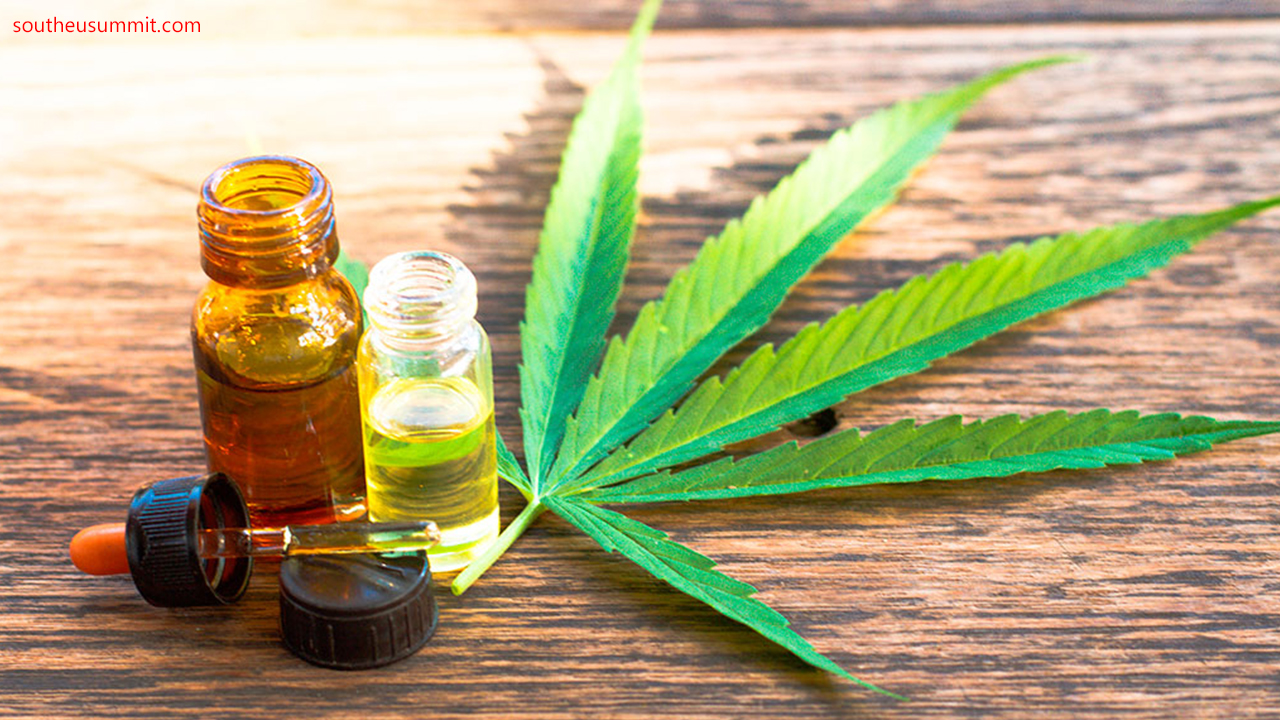Medicinal cannabis might not ease sleep problems in people with chronic pain over the long term, because frequent users might build up tolerance to its sleep-inducing effects, suggests preliminary research published online in BMJ Supportive & Palliative Care.
A second study also published in the journal recently, suggests that based on current evidence cannabinoids (the active chemicals in medicinal cannabis) do not have a role in cancer-related pain.
Chronic pain is thought to affect between 19% and 37% of adults in the developed world and is often accompanied by sleep problems, including difficulty getting to (latency) and staying asleep, and waking up early.
In the first study, the researchers wanted to find out what impact medicinal cannabis might have on sleep problems experienced by people over the age of 50 with chronic pain that had lasted at least a year.
They assessed the sleep quality and pain scores of 128 people who were being treated at a specialist pain clinic: 66 of them used medicinal cannabis to manage their sleep problems and 62 didn’t.
In all, around one in four (24%) said they always woke up early and weren’t able to get back to sleep; one in five (20%) reported always finding it difficult to fall asleep; and around one in five (27%) said they woke up during the night.
Medicinal cannabis users had used the drug for an average of 4 years, consuming around 31 g a month. Most (69%) smoked it, with around 20% either using cannabis oil or vapour.
After taking account of potentially influential factors, including average pain score, age, gender, use of other sleep aids or antidepressants, medicinal cannabis users were less likely to wake during the night than non-users.
But there were no differences between the two groups in the time taken to get to sleep or frequency of early awakening.
Further analysis of the sleep patterns of the medicinal cannabis users showed that frequency of use was associated with greater difficulty falling asleep and more frequent waking during the night.
“This may signal the development of tolerance,” suggest the researchers, although they acknowledge that more frequent users might be in more pain or be depressed/anxious, which may in turn be associated with more sleep problems, they add.
This is an observational study, and as such, can’t establish cause, added to which the number of people involved was small and there were no details on the time of day people used cannabis.
But say the researchers: “These findings have large public health impacts considering the ageing of the population, the relatively high prevalence of sleep problems in this population, along with the increasing use of medicinal cannabis.”
In the second study, researchers wanted to find out if cannabinoids--active compounds (THC or CBD); THC extract; medicinal cannabis; and approved drugs containing cannabis--might effectively reduce cancer pain.
They searched out data from clinical trials comparing the use of cannabinoids with dummy pills (placebo) or when used in addition to opioids to relieve cancer pain in adults.
They pooled the data from five relevant studies, involving 1442 people. The resulting analysis showed that changes in average pain intensity scores were no different between those taking cannabinoids and those given placebo.
What’s more, cannabinoids were associated with a significantly higher risk of side effects, such as drowsiness and dizziness.
The researchers accept that a pain score might not be the best measure to adequately capture the complexity of longstanding pain.
Nevertheless, they conclude that for any medication to be useful, its pros need to outweigh its cons. “This systematic review provides good evidence that cannabinoids do not have a role in cancer-related pain,” and can’t therefore be recommended, they write.

 Cannabis Users might build up tolerance to sleep-inducing effects, suggest researchers
Cannabis Users might build up tolerance to sleep-inducing effects, suggest researchers





.jpeg)






.jpeg)






.jpeg)









.jpg)


.jpg)
